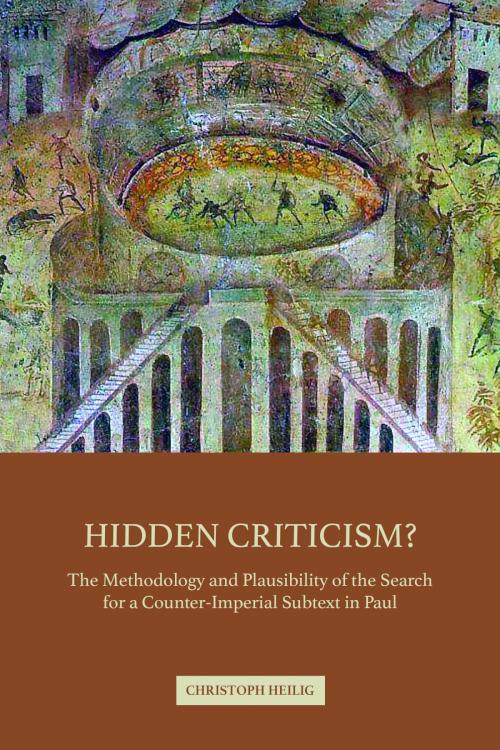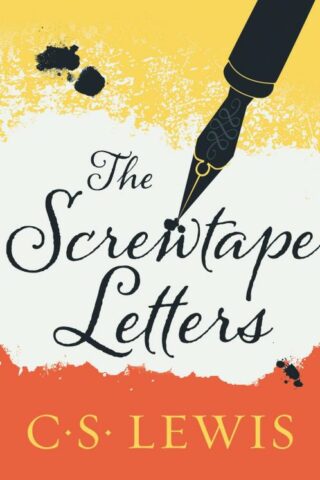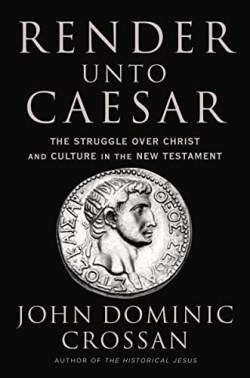Hidden Criticism : The Methodology And Plausibility Of The Search For A Cou
$39.00
Paul has been regarded as being uncritical of the Roman Empire for a long time, not least because of his apparent call to obey the state in Romans 13:1-7. However, recent scholarship has questioned this assumption by pointing to “hidden criticism” in the letters of the apostle. But how can we decide, in a methodologically sound way, whether such a counter-imperial message lies beneath the surface of the text? On the basis of insights from the philosophy of science, Christoph Heilig suggests several analytical steps for examining this paradigm. He concludes that the hypothesis that we can identify critical “echoes” of the Roman Empire in Paul’s letters needs to be modified if it is to be maintained. In particular, the hypothesis of Paul’s concern that any overt criticism would be dangerous and lead to subsequent persecution of himself or his congregations is dubious and does not sufficiently justify this interpretative approach. Nevertheless, Heilig concludes that the search for a counter-imperial subtext in Paul could turn out to be heuristically fruitful, so long as the limitations of the approach are heeded. Hence, a reevaluation of Pauline passages in light of Paul’s engagement with ideas from his Roman environment is encouraged.
in stock within 3-5 days of online purchase
SKU (ISBN): 9781506428123
ISBN10: 1506428126
Christoph Heilig
Binding: Trade Paper
Published: September 2017
Publisher: Augsburg Fortress Publishers – 1517 Media
Print On Demand Product
Related products
-
Screwtape Letters
$17.99Add to cartWormwood, a demon apprentice, must secure the damnation of a young man who’s just become a Christian. He seeks the advice of an experienced devil, his uncle Screwtape. Their correspondence offers invaluable—and often humorous—insights on temptation, pride, and the ultimate victory of faith over evil forces. Paperback with French flaps and deckled page edges.
-
Render Unto Caesar
$28.99Add to cartThe revered Bible scholar and author of The Historical Jesus explores the Christian culture wars–the debates over church and state–from a biblical perspective, exploring the earliest tensions evident in the New Testament, and offering a way forward for Christians today.
Leading Bible scholar John Dominic Crossan, the author of the pioneering work The Historical Jesus, provides new insight into the Christian culture wars which began in the New Testament and persist strongly today.
For decades, Americans have been divided on how Christians should relate to government and lawmakers, a dispute that has impacted every area of society and grown more rancorous over the past forty years. But as Crossan makes clear, this debate isn’t new; it can be found in the New Testament itself, most notably in the tensions between Luke-Acts and Revelations.
In the texts of Luke-Acts, Rome is considered favorably. In the book of Revelations, Rome is seen as the embodiment of evil in the world. Yet there is an alternative to these two extremes, Crossan explains. The historical Jesus and Paul, the earliest Christian teachers, were both strongly opposed to Rome, yet neither demonized the Empire.
Crossan sees in Jesus and Paul’s approach a model for Christians today that can be used to cut through the acrimony and polarization roiling our society and dividing us.
-
Mere Christianity
$17.99Add to cartArguably the 20th century’s most influential Christian writer, C.S. Lewis sought to explain and defend the beliefs that nearly all Christians at all times hold in common. His simple yet deeply profound classic, originally delivered as a series of radio broadcasts, is a book to be thoroughly digested by believers and generously shared with skeptics. Paperback with French f laps and deckled page edges.






Reviews
There are no reviews yet.